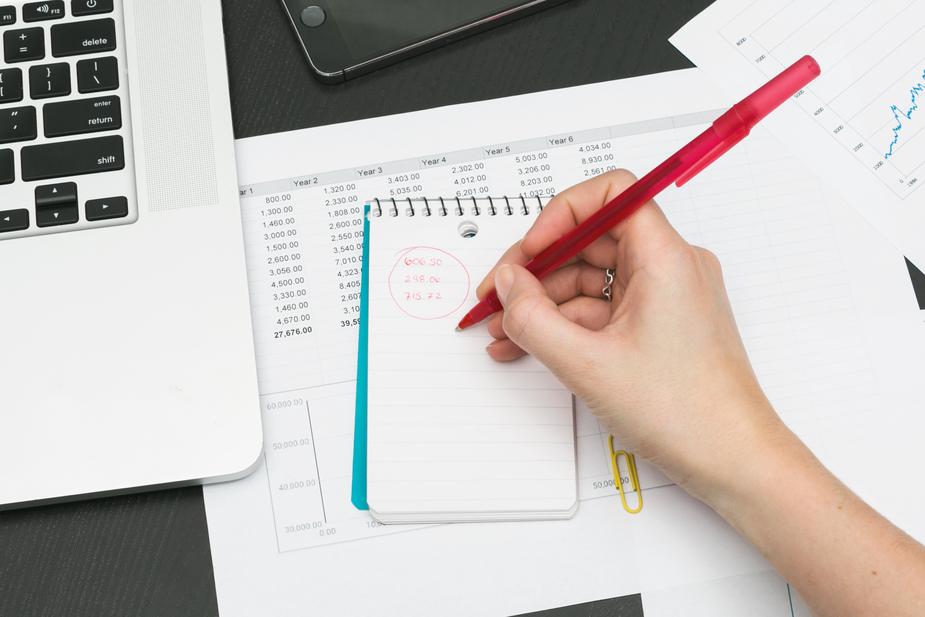Are you self-employed? Some of your important tax questions answered!
Becoming a self-employed individual can be empowering but also stressful. There maybe many of questions swirling around in your head, but not to worry – we’re here to answer them!
- What is considered self-employed income?
Well, self-employed income refers to income obtained through your own sole proprietorship business or from contractor work. It is important to know the difference between being an employee at a company and a contractor, these hold very different tax obligations for CRA.
- How do my tax obligations change as I become self-employed?
You would pay taxes in the same tax brackets as other individual. The brackets for 2019 are as follows:
- 15% on the first $47,630 of taxable income
- Then 20.5% on the next $47,629
- Then 26% on the next $52,408
- Then 29% on the next $62,704
- Lastly 33% on taxable income over $210,371
As well, as a self-employed individual you would still file a personal income tax return would be due June 15th instead of April 30th. Your personal income tax return however would require an amount of self-employed income (T4A) instead of a T4. As well, you must fill out a T2125 which will help you determine your taxable income (less business expenses) as well as the CCA for your capital assets. As a self-employed individual, you do not pay into EI but you will owe money for CPP.
- Should I charge GST/HST on my revenue?
You are obligated to charge GST/HST on all sales that surpass $30,000 of revenue in for four consecutive quarters. However, if you sell products or provide a service that is GST/HST exempt, you will not have to charge GST/HST. If you have surpassed $30,000 in revenue and are not exempt from GST/HST, you must apply for a GST/HST number. This process will outline how often you will file GST/HST with CRA (monthly, quarterly, annually etc.). The amount you owe for a GST/HST filing, would be the amount of GST/HST collected minus the amount of GST/HST spent on business expenses
- How can I reduce my taxes?
The best and easiest way to reduce your taxes would be to increase your business expenses. Your taxable income would be calculated by subtracting your total revenue (less GST/HST) from your business expenses. The higher the taxable income, the more taxes you pay! Therefore, keep track of all the purchases you make for the business; making sure they are eligible with CRA. Some common business expenses you can claim under CRA guidelines are advertising, office supplies, telephone, vehicle expenses, insurance, legal and professional fees etc. Click the links for our posts for more information about business expenses “Business Expenses – What is Eligible for Deductions“, home office deductions “Home Office – Is This an Eligible Deduction For You?” and vehicle deductions “What is an Eligible Deduction For Your Vehicle Expenses?“. Keep in mind all of these must relate to the business, and if there is mixed use of personal and business, you must calculate the cost based on how much (in %) is used for business. Keep all the receipts/invoices related to the business if you are claiming them in your tax returns as well. Another tip for reducing taxes is to hire a chartered accountant!
- What proof would CRA need if I am audited?
In general, being a self-employed individual can put you at a higher risk for an audit. It is required by law to keep adequate books and records for CRA. This means to have records of all transactions of the business (money in and money out), as well as proof of all these transactions (bank statements, receipts, invoices etc.). Generally, these records must be kept for a minimum of 6 years, whether on a computer or on paper. As well, if you are missing evidence for a business expense, it would be best to not claim it to protect yourself in case of an audit.
- Do I need a bookkeeper or accountant?
If your business generates a lot of income, or there are many transactions, you may want to hire a bookkeeper. As well, it makes it easier to have a bookkeeper come GST/HST filing time or income tax filing time. They can help keep all your expenses and revenue organized, calculate your GST/HST amounts, track your revenue (and accounts receivables) and track your expenses (and accounts payable). They can also generate numbers to express how profitable your company is at a given time!
You may want to hire an accountant to file your self-employed tax return, due to the nature of it becoming complicated if there is no bookkeeping done or multiple businesses etc. As well, an accountant would be able to reduce your taxes more for you and provide tax advice. A chartered accountant can also help advise you whether to incorporate, as well as incorporating the business for you.
At Jibe Accounting, we provide all the services listed above, and can help you navigate being a self-employed person, from bookkeeping to tax time!

